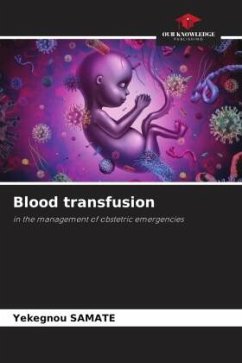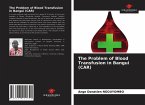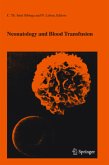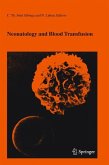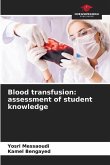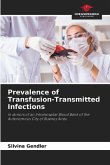We identified 271 patients who received a blood transfusion out of 11786 admitted in the context of obstetric emergencies, i.e. 2.3% of cases. The indications for blood transfusion in our study were severe anemia following immediate post-partum hemorrhage (67.6%), retroplacental hematoma (11.9%), hemorrhagic abortion (4.9%), ectopic pregnancy (4.4%), uterine rupture (1.9%) and hemorrhagic placenta previa (0.9%). Transfusions for severe anemia in pregnancy accounted for 7.9%. Blood transfusion improved the clinical condition of the majority of patients admitted to the department. Given the frequency of blood transfusion, recommendations on its practice should be observed to optimize transfusion indications and the use of labile blood products, and to minimize the risk of transfusion-related incidents.
Bitte wählen Sie Ihr Anliegen aus.
Rechnungen
Retourenschein anfordern
Bestellstatus
Storno

